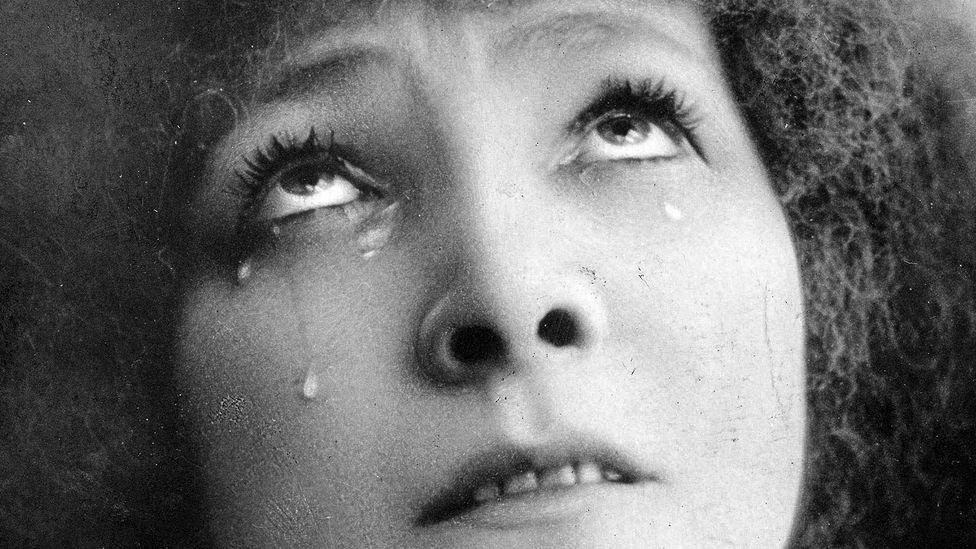She was the indispensable actress of the tragedies: Who is Sarah Bernhardt?
Although an old accident on stage caused one of her legs to be amputated in 1915, she continued her acting after that.

(1844-1923) French theater actress. She has become an indispensable actress of tragedies with her success in the dramatic style of play. Sarah Henriette Rosine Bernhardt was born on September 25, 1844, in Paris. Her childhood years were spent in a boarding school, then in a convent. She entered the Paris Conservatory in 1860, making her debut in the Comedie-Française in 1862. She was admitted to the Odeon Theater in 1866. Beginning in 1880, she toured extensively in England, the USA, Australia, and South Africa and established a reputation as an international starlet. She re-established the Theater des Nations in 1898 as the Theater Sarah Bernhardt. Although an old accident on stage caused one of her legs to be amputated in 1915, she continued her acting after that. She died in Paris on March 26, 1923.
Sarah Bernhardt (22 October 1844 – 26 March 1923) was a French stage actress who starred in some of the most popular French plays of the late 19th and early 20th centuries, including La Dame Aux Camelias by Alexandre Dumas fils; Ruy Blas by Victor Hugo, Fédora and La Tosca by Victorien Sardou, and L'Aiglon by Edmond Rostand. She also played male roles, including Shakespeare's Hamlet.
She achieved her first success with her play in François Coppee's Le Passant ("The Passer-by"), staged at the Odeon Theater in 1869. Later, she became one of the leading actresses of her time with the roles of Phedre in Phedre, Cordelia in King Lear, Marguerite Gautier in La Dame a Camelias (The Lady with the Camellias), Queen Mana in Ruy Sirts. Her play as Dona Sol impressed the author of the work, Victor Hugo. Victorien Sardau also wrote the melodramas Fedora, La Tosça, and Theoliora for Bernhardt, helping him develop an acting style that used pantomime elements to suit exotic scenery and costumes. Bernhardt also played the male role of Hamlet.
She impressed the audience with her beautiful voice, perfect diction, and elegant appearance; With her talent in emotional acting, she has become an indispensable actor, especially in tragedies. Using her voice as the main element of dramatic acting, Bernhardt was nicknamed the "golden voice" by Victor Hugo.
Besides acting, Bernhardt also dealt with painting and sculpture, acted in films, wrote novels and plays, and published her thoughts and memoirs on theater acting.
Games played:
Le Passant, 1869, (“The Passer-by”);
King Lear, 1872;
Ruy Lilas, 1872;
Hernan, 1879;
La Dame aux camellias, (The Lady with the Camellias);
Fedora, 1882;
Theodora, 1884;
La Tosca, 1887;
L'Aiglon, (Baby Eagle).
